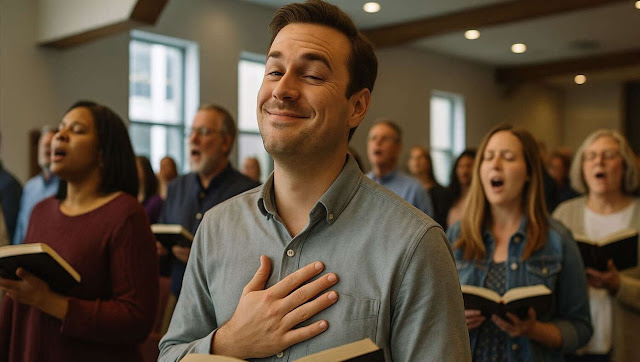Homosexual teacher and ‘partner’ charged with brutally abusing, killing baby boy they almost adopted

Two English homosexuals have been charged for allegedly brutally raping and killing a one-year-old baby they were on the verge of adopting. The BBC reports that 36-year-old high school teacher Jamie Varley and his “partner,” 31-year-old John McGowan-Fazakerley, were in the process of adopting 13-month-old Preston Davey, who in July 2023 was taken to Blackpool Victoria Hospital and soon died. Varley, who was suspended from his teaching job upon his arrest that year, is accused of numerous counts relating to murder, sexual assault of a male child, child cruelty, inflicting grievous bodily harm, taking and distributing indecent photos of a child, possessing indecent pseudo images of a child, and possession of an “extreme” pornographic image. McGowan-Fazakerley, meanwhile, stands accused of allowing the death of a child, child sexual assault, and child cruelty. READ: ‘Married’ homosexuals sentenced to 100 years for sexually abusing adopted boys for child pornog...








